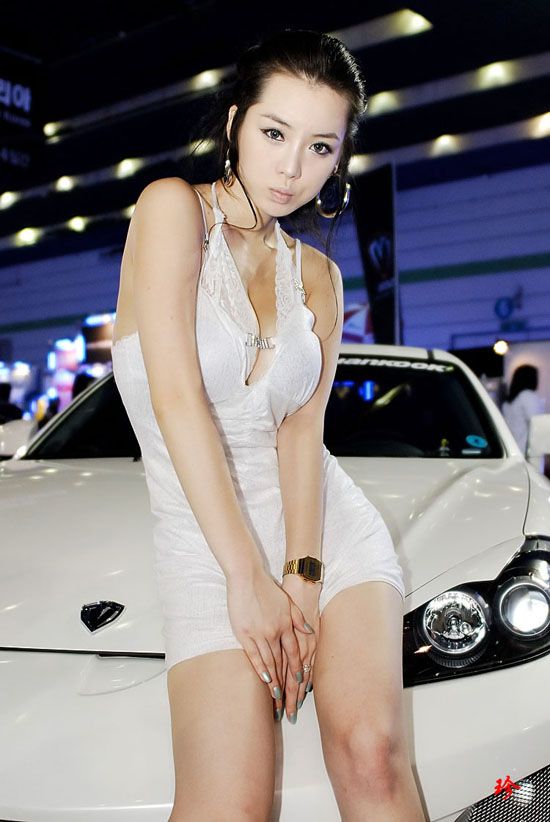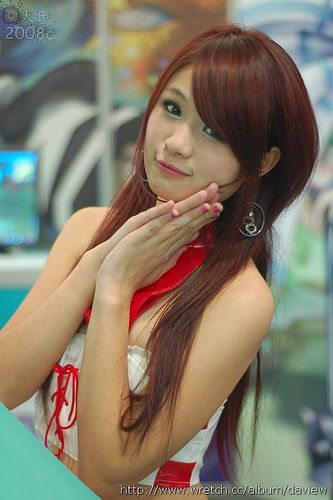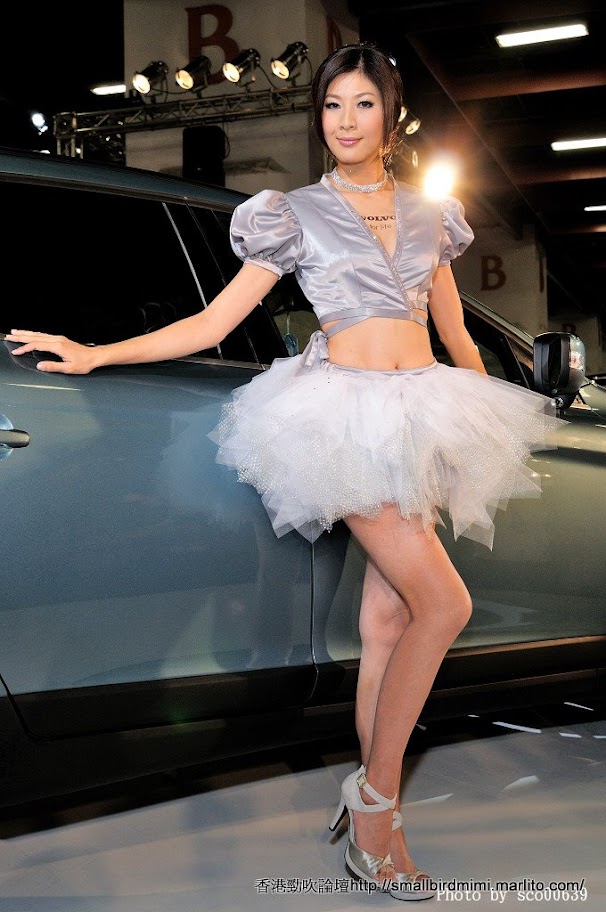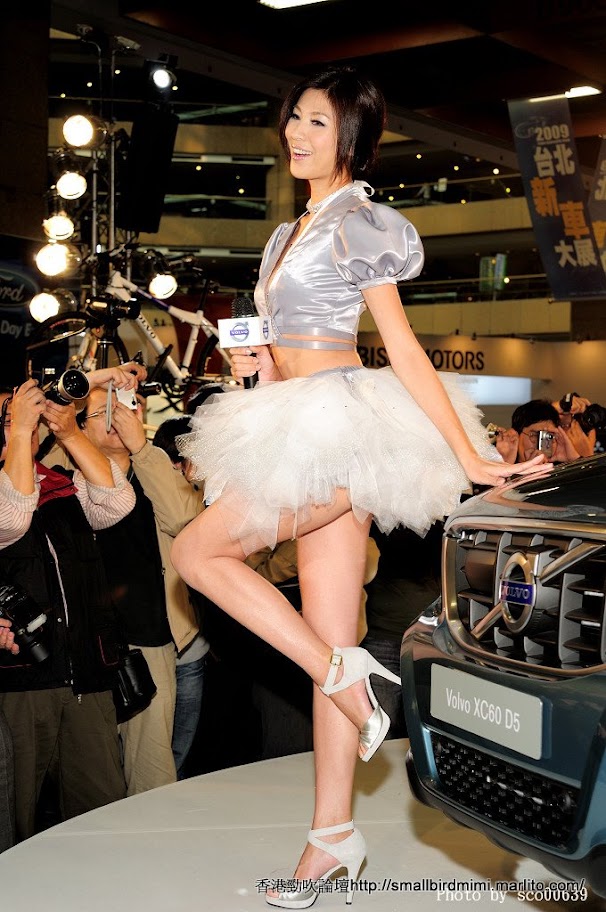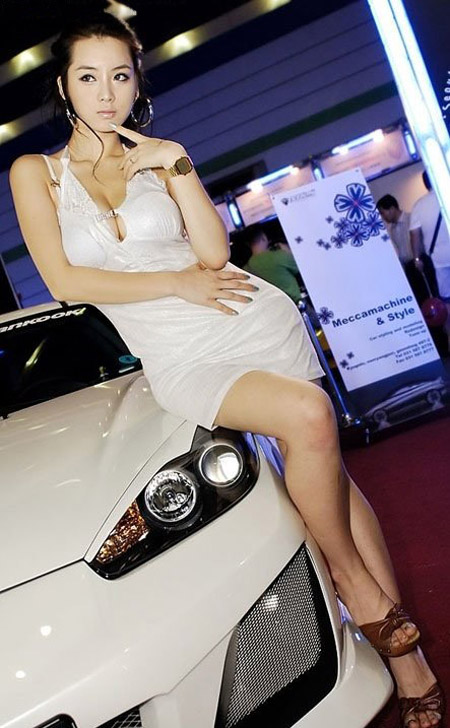The back orders come even after Nissan boosted passenger sales by 36% from a year earlier in March, supported by brisk demand for its compact models such as the Tiida, as these vehicles benefit from a government step to halve the purchase tax on cars with 1.6-liter engines and smaller to 5%, Nakamura said.
He added that he will need to watch sales in April and May to see how long the tax break could remain effective.
Helped by the solid sales at the venture, Nissan Senior Vice President Andy Palmer told reporters at the auto show that his company has "a good chance" to beat its China sales target for this year of 570,000 vehicles. The target represents a 4.6% growth in sales.
Honda Motor Co., Japan's second biggest car maker, aims to boost its sales in China by 10% to 520,000 in 2009, Atsuyoshi Hyogo, a Honda senior managing director, told reporters at the auto show.
The targeted sales growth would follow a 12% jump that the company posted last year and also beat a 5% increase that the company expects for the country's overall auto market this year.
The company's product lineup is in "good condition," including models that Honda redesigned last year such as its flagship sedan Accord and the Fit compact, Hyogo said. The company will also roll out the newly designed Odyssey minivan in the later half of this year.
Toyota, the world's biggest car maker, said it seeks to raise its sales in China "slightly" from its sales in 2008, without elaborating.
Continuing the company's efforts to boost sales in the major market, Toyota's Watanabe said at the press conference that his company will beef up its hybrid lineup by introducing the gasoline-electric powered Camry sedan "in the near future."
Japan's auto giant is also considering selling plug-in hybrids in China on a trial basis to enhance its low-emission product range, the president said.
Among other Japanese car makers, Mazda Motor Corp. (
7261.TO) is targeting sales of 170,000 vehicles in China this year, a 33% increase, as it will roll out new products such as the redesigned Mazda6 sporty car and also expand its sales network to at least 250 dealers by the end of the year from 221 at the end of March.
"This is a market where about 85% of car purchasers buy vehicles for the first time in their life. So those people buy cars not to replace their old ones but because they need vehicles. (Auto demand in China) has only little to do with the global economic slump," Noriaki Yamada, chief operating officer at Mazda Motor China Co., told reporters at a dinner meeting in Shanghai.






